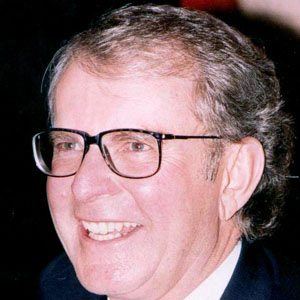



As he looked around, he glowered with eyes like hot coals. He was squat, with a thatch of black hair covering his body, and a jagged scar carved down his left cheek to an unkempt black beard. Hannu, his assistant, walked with a limp. Piay was tall and muscular with a strong jawline, high cheekbones and dark eyes that turned the heads of the women who served the Pharaoh. The men choked on the reek of burning, their ears ringing with the cries of the dying which shred-ded the stillness like the howls of wild cats. Along the horizon a red glow wavered from the blazing farms littering the lush Nile Valley, and a warm desert wind whipped sheets of smoke across the stars. Fingers were tightened around the hilts of bronze swords and their eyes darted. Sweat trickled down their taut bare backs. For all the latest information on Wilbur Smith's writing visit or facebook.The two men crept along the edge of the moonlit barley field. Wilbur Smith passed away peacefully at home in 2021 with his wife, Niso, by his side, leaving behind him a rich treasure-trove of novels and stories that will delight readers for years to come. The foundation's flagship programme is the Wilbur Smith Adventure Writing Prize. The establishment of the Wilbur & Niso Smith Foundation in 2015 cemented Wilbur's passion for empowering writers, promoting literacy and advancing adventure writing as a genre. An international phenomenon, his readership built up over fifty-five years of writing, establishing him as one of the most successful and impressive brand authors in the world. He became a full-time writer in 1964 following the success of When the Lion Feeds, and has since published over fifty global bestsellers, including the Courtney Series, the Ballantyne Series, the Egyptian Series, the Hector Cross Series and many successful standalone novels, all meticulously researched on his numerous expeditions worldwide.

Wilbur Smith was born in Central Africa in 1933.


 0 kommentar(er)
0 kommentar(er)
